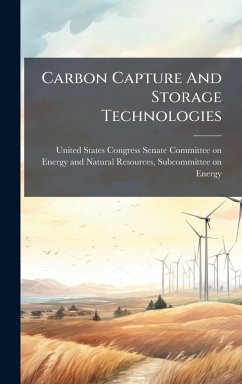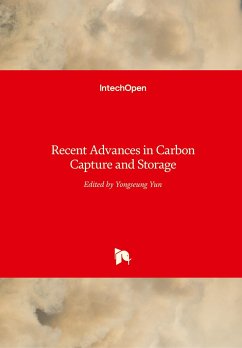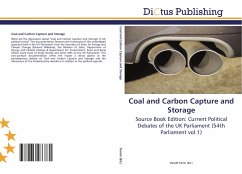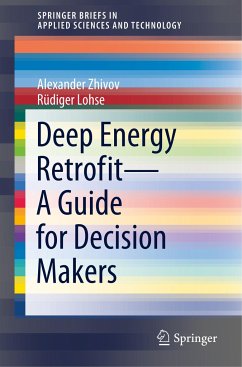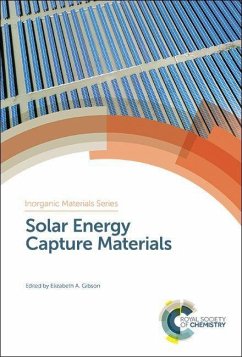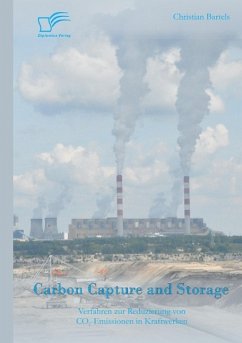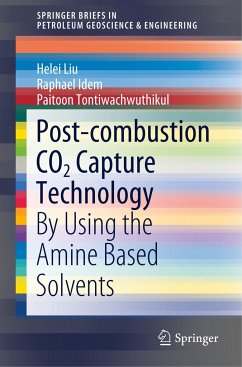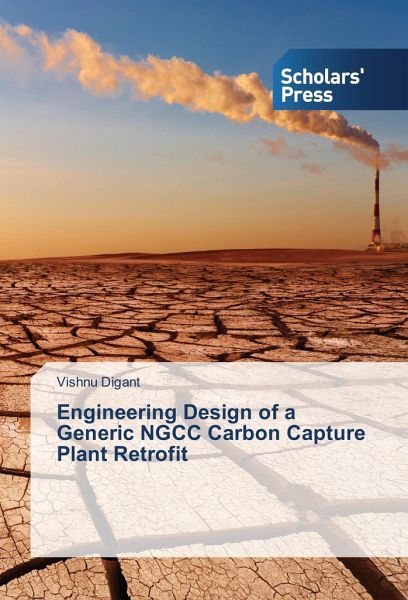
Engineering Design of a Generic NGCC Carbon Capture Plant Retrofit
Versandkostenfrei!
Versandfertig in 6-10 Tagen
40,99 €
inkl. MwSt.

PAYBACK Punkte
20 °P sammeln!
Currently around 75% of UK electricity needs are met by fossil fuels, which are the major source of CO2 emissions. To meet the targets of 80 % reduction in CO2, Carbon Capture & Storage (CCS) is being proposed to de-carbonize the fossil based power generation sector. Under section 36 of Electricity Act 1989, all new combustion plants with electrical capacity _ 300 MW are required to demonstrate Carbon Capture Readiness (CCR), which is an assessment to demonstrate that no known barriers, to accommodate Carbon Capture Plant (CCP) at a future date exists and the plant will be able to accommodate ...
Currently around 75% of UK electricity needs are met by fossil fuels, which are the major source of CO2 emissions. To meet the targets of 80 % reduction in CO2, Carbon Capture & Storage (CCS) is being proposed to de-carbonize the fossil based power generation sector. Under section 36 of Electricity Act 1989, all new combustion plants with electrical capacity _ 300 MW are required to demonstrate Carbon Capture Readiness (CCR), which is an assessment to demonstrate that no known barriers, to accommodate Carbon Capture Plant (CCP) at a future date exists and the plant will be able to accommodate CCP, when it becomes economically viable. The major CCR demonstration criterion is eventually the minimum land requirements set in the DECC guidelines. The area specified in the guidance notes of DECC for demonstrating CCR for NGCC post-combustion technology is contentious, with several reports suggesting up to 70 % reduction in specified area is feasible. This research addresses this uncertainty in land area footprints of the NGCC CCP through detailed design analysis of area requirements of individual equipment of the Carbon Capture Plant.




